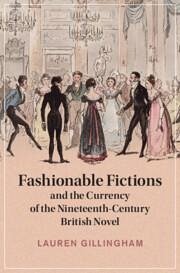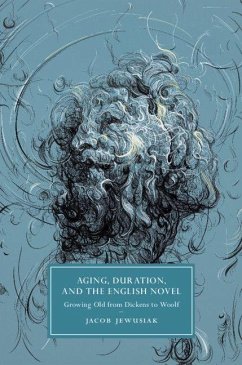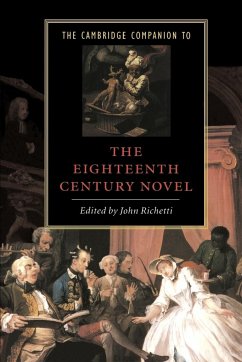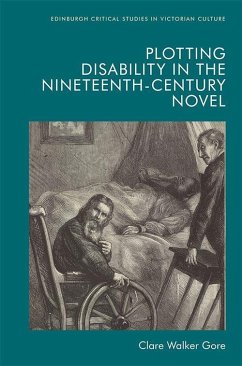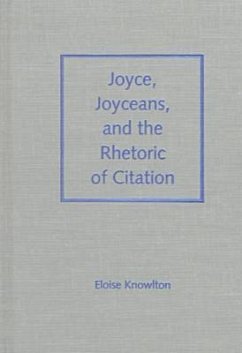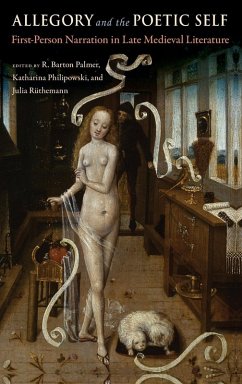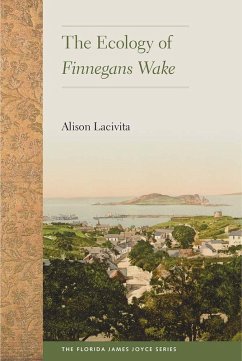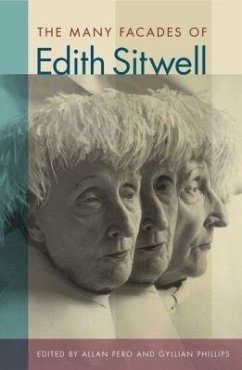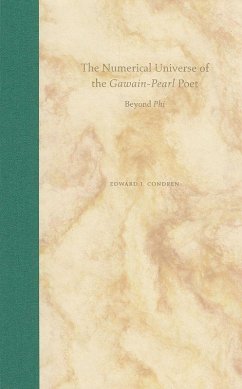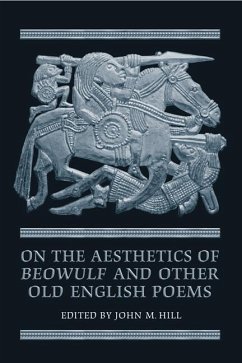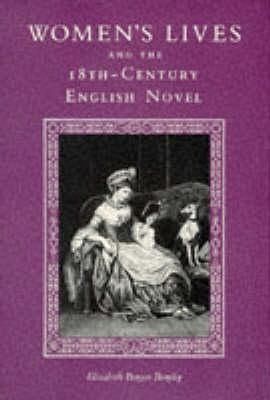
Women's Lives and the Eighteenth-Century English Novel
Versandkostenfrei!
Versandfertig in über 4 Wochen
52,99 €
inkl. MwSt.

PAYBACK Punkte
26 °P sammeln!
Novels of the eighteenth century usually offer wedded bliss as a reward to their heroines. How did these novels affect--and how were they affected by--the women who were reading them? By drawing upon thousands of unpublished documents from the era, written by more than 250 women, Brophy creates a picture of the real lives of eighteenth-century women and then examines the work of seven novelists in relation to this portrait. Excerpts from letters, diaries, and journals, written by women ranging from servants to nobility, reveal the stages of feminine life in the 1700s: dutiful daughter, courted...
Novels of the eighteenth century usually offer wedded bliss as a reward to their heroines. How did these novels affect--and how were they affected by--the women who were reading them? By drawing upon thousands of unpublished documents from the era, written by more than 250 women, Brophy creates a picture of the real lives of eighteenth-century women and then examines the work of seven novelists in relation to this portrait. Excerpts from letters, diaries, and journals, written by women ranging from servants to nobility, reveal the stages of feminine life in the 1700s: dutiful daughter, courted maiden, obedient wife, and pitiful widow or spinster. Their lives are assessed against those portrayed in the works of seven novelists--five women (Sarah Fielding, Charlotte Lennox, Sarah Scott, Clara Reeve and Fanny Burney) and two men (Henry Fielding and Samuel Richardson). Fiction both reflects and creates the values of its time. In the eighteenth century, marriage was regarded as every woman's vocation and the novel often reinforced this conviction. "Only leave me myself," the heroine's plea in Richardson's Clarissa, laments the dependent position of women in the age. However, the novel also influenced the self-perception of eighteenth-century women in a positive way, Brophy asserts, by admiring their intelligence, by condemning sexual transgressions in and out of marriage, and, most important, by placing women at the center of their own stories, as heroines in their own right. The abundant primary materials and straightforward writing in Women's Lives and the Eigtheenth-Century English Novel make this a book of interest to scholars of social and cultural history and to students of the novel.



